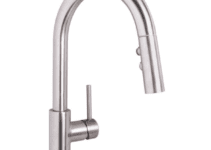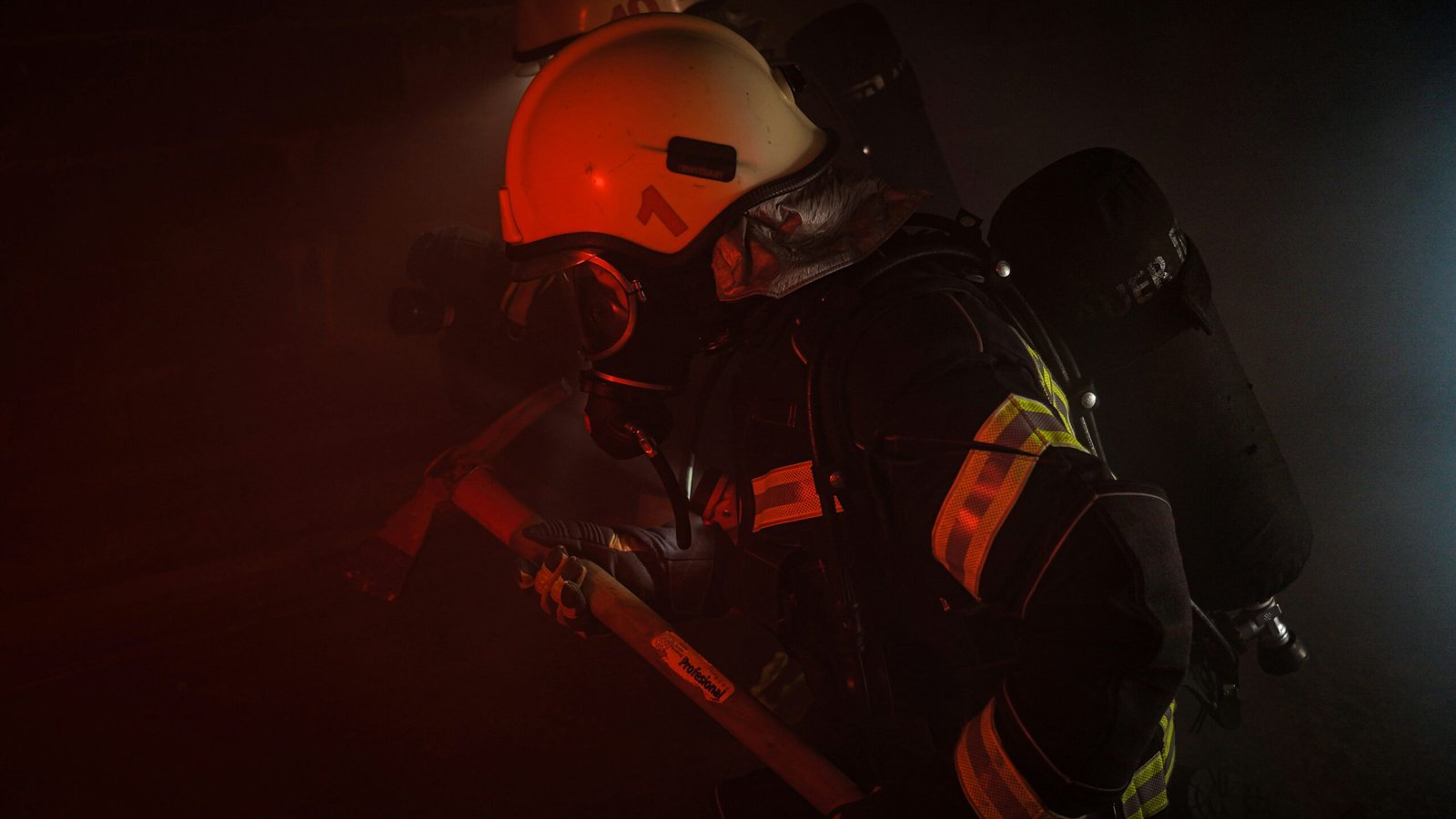Many times you are wondering what causes the loud banging, squeaking noise in your home pipes.
Different noises can mean very different pipe issues, so it is important to diagnose the issue based on whether your pipes squeak, bang or rattle.

By Everflow Carteret – See more Home Design Photos
Pipes that Contact Wood Framing
1. The pipes are noisy only after hot water usage because copper pipes expand when hot water flows through them. It’s likely that the noise you hear later is the hot-water pipe rubbing against a stud, joist or support bracket as it contracts.
2. Water pressure in excess of 50 lbs. per square inch (psi), or 3.5 kg per square cm, can cause noisy pipes. Test for excessive pressure by attaching a pressure gauge to an outdoor faucet. Control excessive pressure by having a pressure regulator installed on your water system.
In all but the most severe cases, the condition will not cause a leak.
How to fix it: It can be so hard to correct that unless you are already remodeling, because you would need to remove the drywall everywhere you hear the noise.
1. Secure loose pipes to framing with straps or hangers as needed to prevent movement.
2. Remove any pipes that fit tightly into holes drilled through framing members. Enlarge the holes then reconnect the pipes.
3. Insert a piece of foam rubber (or foam insulation) between the pipe and the framing.
Loud Water Hammer
The pipes are noisy when you turn water on, and after you shut it off. It happens with both hot and cold water. When shutting a faucet or other valve suddenly stops fast-flowing water, the shock, called water hammer, creates a loud bang. It can happen on a normal faucet, but is more common on pipes attached to a washing machine or dishwasher. In both of these machines, the valve is electrically operated (solenoid valve), which close very quickly.
Don’t ignore a banging water hammer. It can do considerable damage to your home’s hot and cold pipe system.
How to fix it: The air-cushioning chambers that codes require for most fixtures and appliances, typically a short length of capped pipe that extends up from the water pipe, is probably waterlogged (filled with water rather than air). Check the air chambers behind plumbing fixtures for water buildup. Air chambers are designed to provide a cushion when the water is turned on and off. If the chamber fills with water, you may hear a hammer noise when turning your faucets on and off.
1. Turn off the home’s main water supply.
2. Drain all the pipes in the home by turning on every faucet in the house.
3. Close the faucets before turning on the main water supply. This should restore air in the designated air chambers and quiet noisy pipes.
However, if any plumbing fixture or washing machine lacks an air chamber, drain the water lines to install one on the hot and cold lines. Ideally would be to install the air chamber immediately inside the wall behind the fixture or machine.
Special water-cushioning devices that contain air bladders are superior to pipe chambers because they won’t become waterlogged.
NOTE: You may also have high water pressure. Lowering the water pressure, which should generally not be above 60 psi, often can reduce the hammer sound. This is accomplished with a pressure-reducing valve. You should know that, excessive water pressure can damage any appliance that connects to a water line.
Bending Copper Pipes with or without Tools (howtobuildahouseblog.com)


